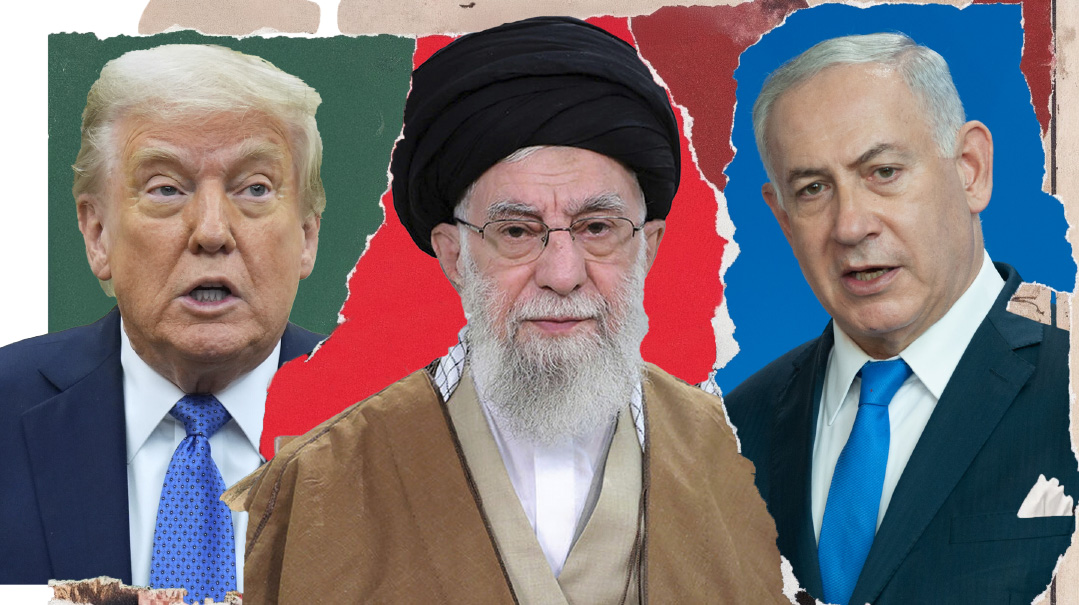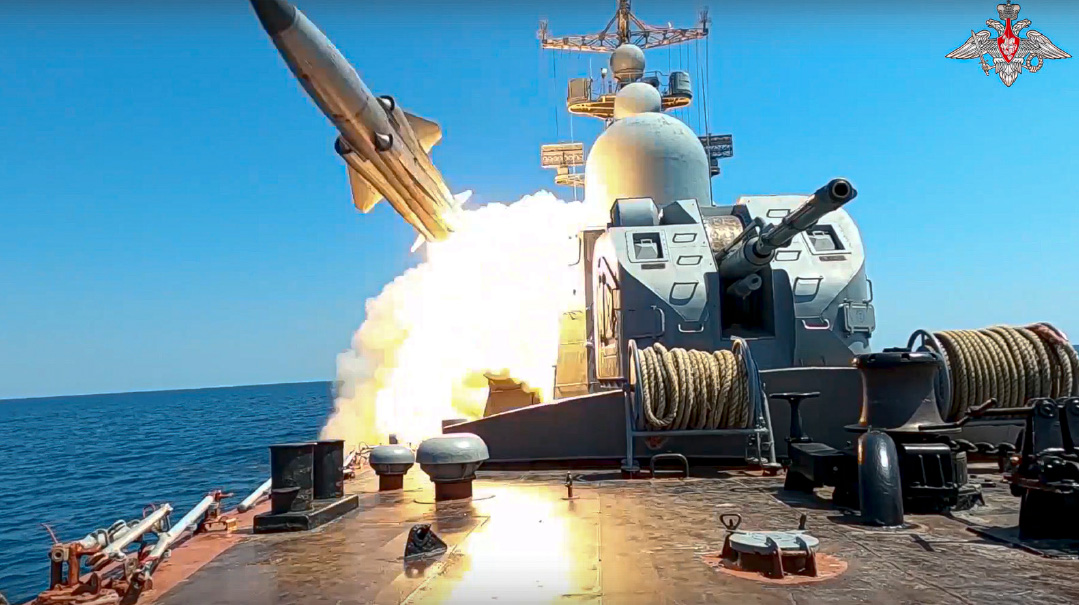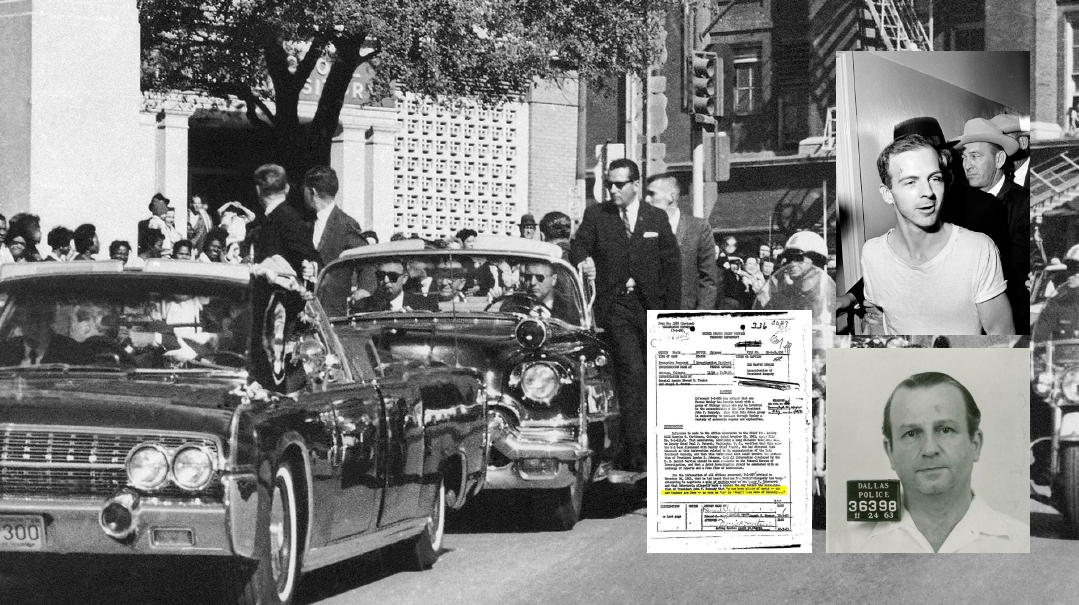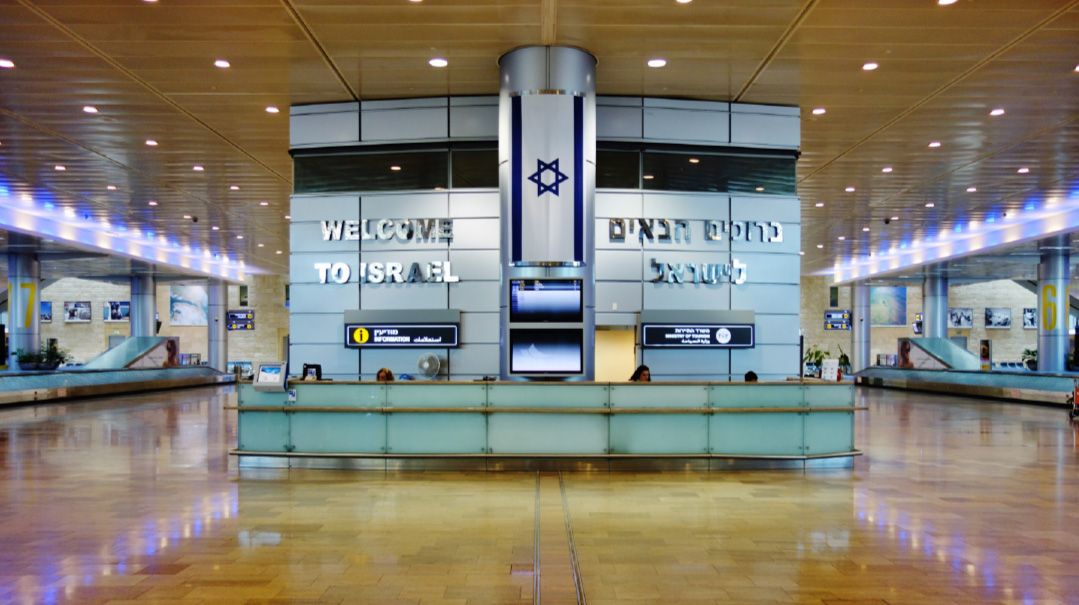The Art of the Deal Meets the Persian Bazaar
| April 29, 2025At the US-Iran nuclear talks

The young Trump-47 administration has already brought no shortage of surprises. One that caught even many of its supporters off guard was a head-first plunge into talks with Iran in search of yet another diplomatic solution to its nuclear program.
After a series of brief but increasingly focused talks mediated by Oman, both sides admit that wide gaps remain, but the fact that they seem interested in reaching an agreement has given rise to hopes and fears in disparate corners.
A mix of neo-isolationist conservatives and voices who supported President Barak Obama’s nuclear deal posit that Iran’s down-and-out moment is the ideal time to press for a robust settlement and neutralize a major global foe. Republicans with more traditional defense views and a cadre of Democrats who have grown weary of Iran in recent years fear that President Donald Trump’s dealmaking appetite could squander the Islamic Republic’s moment of crisis for terms similar to the much-criticized JCPOA agreement struck during the Obama years.
Understanding what, if anything, US-Iran talks could yield might depend on what brought both sides to the table and what they really want to accomplish there.
Why is Iran up for talks?
Iran is at a historic low point but still likely thinks it can either get a permissive deal, or at least, kick the can yet further down the road.
The Islamic Republic’s economy continues to suffer from the sanctions. That, coupled with the sobering reality of its multibillion-dollar investments in regional proxies Hezbollah, Hamas, and Bashar al-Assad-controlled Syria, all de-fanged, has its leadership open to a path that will allow it to rehabilitate its economy and focus on domestic issues.
Add to that Israeli strikes that significantly degraded Iran’s air defense systems, leaving it vulnerable to attacks at a moment when nobody knows how serious President Donald Trump is about exercising America’s military might.
“Donald Trump is famously mercurial,” says Ilan Berman, senior vice president of the American Foreign Policy Council. “Nobody knows what he’s going to decide, and he has played that erratic nature, for lack of a better term, very much to his benefit. If these talks do break down, I think there are real questions in the Iranian mind about how willing America would be to say, ‘Okay, now you’re going to get the bad cop.’ ”
As the Trump administration opened diplomacy with Iran, it also beefed up America’s “big stick” in the region, with a massive deployment spanning the Middle East. Some of this is aimed at supporting increased US strikes against Iran’s Yemenite proxy, the Houthis, but few mistook the message its packs for Tehran itself.
Even its foes give Iran much credit for turning negotiations to its advantage. Critics of the 2015 Joint Comprehensive Plan of Action (JCPOA) felt that its negotiators won sanction relief in exchange for a loosely enforced and highly limited cap on nuclear development. Former president Joe Biden’s administration came to office with hopes of reviving the scuttled JCPOA, but talks broke down amid Iranian maximalism many read as stalling while atomic development marched on.
Skeptics believe Iran’s present attempts are working along the same line, but some hypothesize that Tehran is testing how far it can push President Trump’s penchant for deal-making.
“I think they foolishly believe that by offering Trump what looked like a good deal, and by offering ridiculous things like letting American companies build reactors in Iran, that Trump might agree,” says Frederick Fleitz, vice chair of the Center for Defense Policy at the America First Policy Institute, who served as an assistant on the National Security Council in President Trump’s first term. “Trump isn’t that foolish. His advisors are better than that, and I think the Iranians are going to be very disappointed.”
What terms would Iran realistically agree to?
Probably nothing that threatens its core nuclear capabilities.
At the outset, Iran nixed complete dismantlement of its nuclear capabilities, which is what Israel and stalwart Iran hawks were hoping the Trump administration would demand.
Second best would be a civilian atomic energy program that imports nuclear fuel rather than domestically enriching uranium. Iranian foreign minister Abbas Araghchi publicly dismissed that as well, saying, “We are ready to build trust regarding potential concerns, but the issue of enrichment is nonnegotiable.”
If Iran means what it says, that limits a deal to capping enrichment. Iran is presently enriching uranium at 60%; weapons grade is 90%.
Iran’s atomic development has come to play a central role in the nation’s identity, another reason some feel a deal is likely out of reach.
Mr. Berman says that amid brewing domestic anger at Iran’s government, the regime has used the atomic program as a means of ensconcing itself in power.
“You can think of it as two trains leaving the station — the regime-change train and the nuclear train,” he says. “The formula is that if the nuclear train gets to the station first, the regime-change train never gets there. They way they see it is not just that they’re a great power and all great powers have nukes, they see it as an element of regime survival.”
Does the Trump administration have goals and red lines for a deal?
If so, they are not clear.
Early in the talks, special envoy Steve Witkoff mentioned that the administration could be open to allowing Iran to enrich at 3.67%, the same level permitted under the JCPOA. After many scoffed, Mr. Witkoff walked back his statement and said that the administration would not permit any enrichment. That position has been backed up by Secretary of State Marco Rubio, who added that a civilian nuclear program run on imported fuel could be considered.
Many assume that the administration’s shifting messaging reveals well-known differences within Team Trump. Hawks like Mr. Rubio and National Security Advisor Mike Waltz likely back strong sanctions, keeping open the possibility of US strikes or greenlighting Israeli led attacks if Iran is unwilling to dismantle its program. Those in the “realist” camp, like Vice President J.D. Vance, are believed to want the Iran issue neutralized for the United States, even if maximalist goals are not met.
The president makes little secret of these tensions, recently saying, “I’d much rather have a deal than the other alternative. That would be good for humanity… There are some people that want to make a different kind of a deal — a much nastier deal — and I don’t want that to happen to Iran if we can avoid it.”
Mr. Berman fears that the eagerness for a deal among some in the Trump administration might be the blood Iran smells in the water.
“The Trump administration in its return to office is very transactional and objective oriented,” he says. “If they walk, then you’re left with nothing except hard choices, and the president has made very clear that he wants disentanglement from military obligations in the region… For Steve Wikoff and other negotiators and decision-makers, their real motivation here is a deal, not necessarily preventing Iran from going nuclear.”
Is Team Trump in for a deal at any price or ready to walk?
Time will tell.
After criticizing the JCPOA as a “horrible deal” in his 2016 campaign and then leaving it in 2018, President Trump would face broad criticism if he settles for terms like those reached during the Obama administration. Aside from allowing modest levels of enrichment to continue, and an oversight regime that Iran had little trouble evading, the deal was disparaged for failing to address Tehran’s ballistic missile program and sponsorship of regional terrorism. The JCPOA also contained a sunset clause that would cease to bind Iran this coming October.
Yet few believe Iran is sincerely committed to inking an agreement strong enough to meet what many hope are the administration’s demands for a significantly tougher deal. The demand for stricter standards is even higher, given that Iran is already very close to achieving a nuclear weapon.
Mr. Fleitz is confident that President Trump’s team is “fully prepared to walk away” if Iran refuses to dismantle its program. He cites the president’s two-month deadline as proof that the administration has guarded itself against allowing Iran to treat talks as yet another stalling tactic.
“Trump’s aware that the Iranians want to take lots of time,” he says. “They keep on saying this is complicated. Well, the JCPOA was complicated because the Obama administration was trying to decide how much of Iran’s nuclear program they could keep. This is going to be easier. They can’t keep any of it.”
What are the chances of a deal?
A lot of optimists, pessimists, doves, and hawks have different opinions, but none are terribly optimistic.
Hawks fear a weak deal. Doves fear a diplomatic solution scuttled by Israel and American hawks.
Mr. Fleitz puts the chances of a deal as “less than 1%,” casting talks as President Trump’s last-ditch due diligence.
“Trump believes that every option short of war has to be explored before he considers taking military action,” he says. “He’s got to give diplomacy an honest chance, even though it might not succeed. He’s got to give the Iranians the opportunity to do the right thing.”
(Originally featured in Mishpacha, Issue 1059)
Oops! We could not locate your form.







